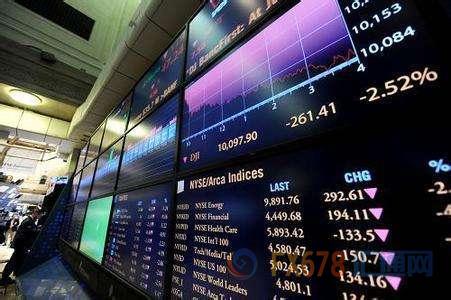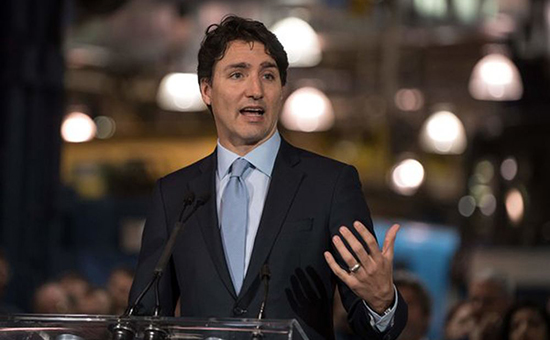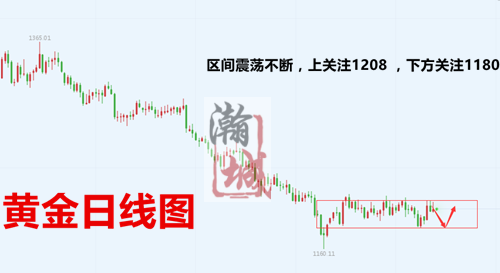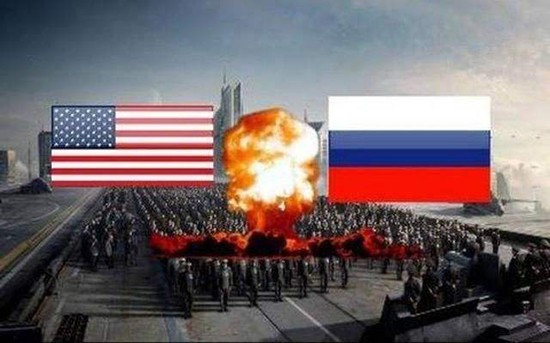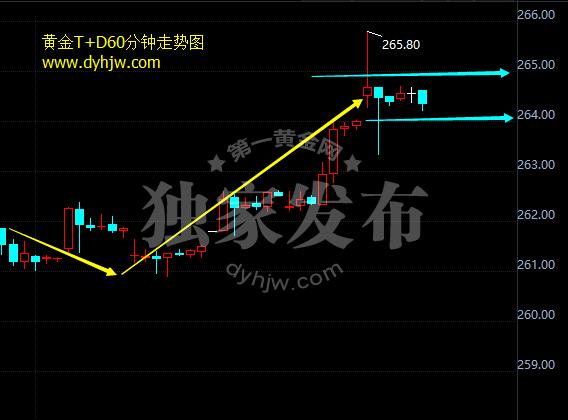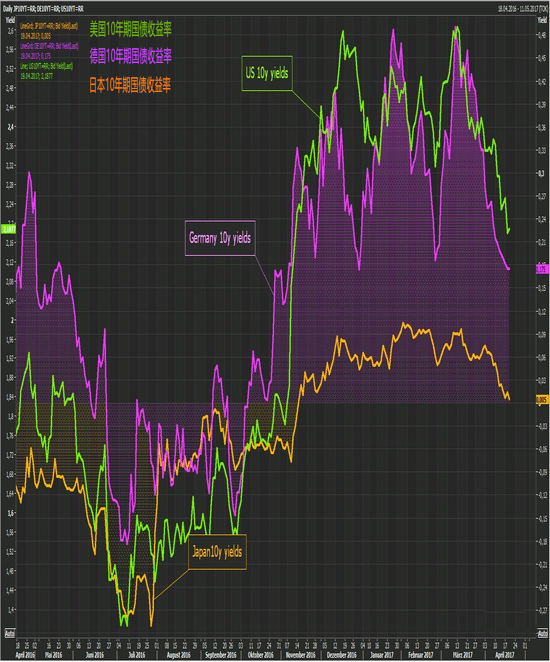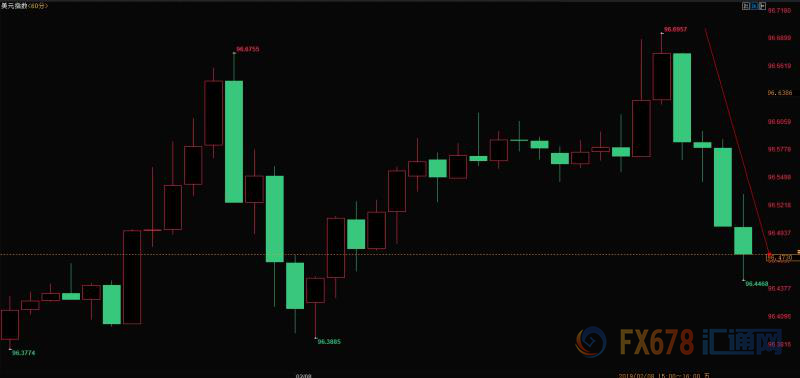
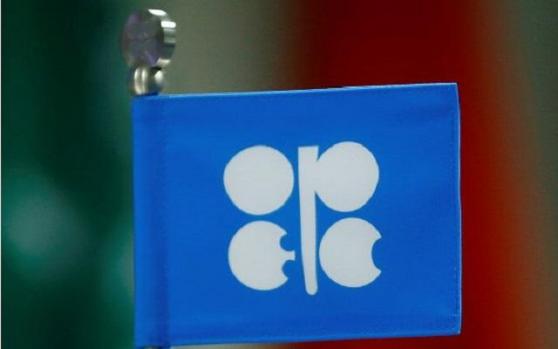
周一(3月18日),OPEC和其他主要产油国决定取消原定于4月举行的会议,在6月开会决定是否延长减产。他们认为,取消会议能使其评估美国制裁伊朗和委内瑞拉的影响。有分析认为,4月会议取消凸显出俄罗斯和OPEC之间的分歧。
OPEC取消4月会议,延长减产预期不减反增沙特能源部长法利赫(Khalid al-Falih)在阿塞拜疆巴库召开的委员会会议上表示,OPEC推迟做出决定,因为预计今年上半年石油市场仍将供过于求。据几家新闻机构报道,这一推迟也让石油生产商得以评估美国对伊朗和委内瑞拉的制裁将如何影响未来几个月的油市。
2019年1月,由14个国家组成的OPEC和以俄罗斯为首的一些国家发起了第二轮减产。此前,石油供应过剩冲击了市场,导致油价在2018年底出现暴跌。OPEC从2017年开始减产,但2018年6月提高了供应上限,原因是油价升至近四年高点,美国准备制裁当时的OPEC第三大产油国伊朗。
2018年12月,当他们同意新的减产计划时,所谓的 OPEC+ 表示,将在4月份评估石油市场,比OPEC的6月份常规会议提前两个月。但就在3月19日,一个负责监督该交易的委员会表示,未来两个月,市场基本面不太可能发生重大变化。联合部长级监测委员会表示,下次会议将于5月召开,6月25日召开全体会议,决定是否将减产延长至2019年底。
最新一轮的减产帮助油价今年从18个月低点出现回升。WTI价格上涨29%,至每桶58美元以上,而布伦特原油价格上涨25%,至每桶67美元左右。
会议推迟显示出俄罗斯和OPEC之间的分歧OPEC及盟友的目标是每天减少120万桶石油,但一些产油国的产量依然超出配额,包括全球第二大产油国俄罗斯在内。
3月17日,俄罗斯能源部长诺瓦克(Alexander Novak)表示,俄罗斯将在未来几周内达到减产目标。现在讨论 OPEC+ 是否应该在6月之后继续限制石油产量还为时过早。沙特能源部长法利赫(Khalid Al-Falih)当时原本赞成做出决定,但他默认称4月份还为时过早。
沙特油长法利赫当天表示,他预计OPEC不会让石油市场 在下半年失去指引 。他上个月表示,自己倾向于将减产延长到年底。
大宗商品对冲基金菲利普石油(Philipp Oil)创始人多德森(Andrew Dodson)表示: 沙特和俄罗斯之间建立密切关系的必要性已经减弱。OPEC会议的推迟似乎表明,俄罗斯不愿承诺进一步减产,也不愿在做出进一步承诺之前尽可能推迟做出任何决定。
加拿大皇家银行资本市场(RBC Capital Markets)大宗商品策略全球主管克罗夫特(Helima Croft)表示,OPEC+可能在2019年全年继续减产。然而,延长减产将凸显俄罗斯与沙特等OPEC成员国之间的分歧。俄罗斯部分私营企业生产石油,沙特等OPEC成员国的国有能源企业为该国的预算提供担保。
克罗夫特表示,俄罗斯企业讨厌停产,他们能从石油产量中获益,而政府能从油价上涨中获益,所以他们不喜欢这项减产协议。但是,对于沙特和其他OPEC产油国来说,目前的油价仍低于财政收支平衡水平,因此他们希望油价能在目前水平上再上涨一点。
美国的制裁政策成为油价上涨的关键因素克罗夫特还表示,石油生产商还想看看,美国5月份是否会收紧对伊朗的制裁。去年11月,特朗普政府给予八个伊朗买家石油制裁豁免,令外界感到非常意外,而当时沙特的石油产量正处于创纪录水平。
不过,美国那次给予的制裁豁免将于5月初到期,外界关注美国是否延长豁免。
就在上周,美国国务院伊朗问题特使胡克(Brian Hook)表示, 美国政府认为,由于石油市场供应充足,对伊朗的制裁还有加强的余地。不过,对于美国政府是否将其放弃制裁的决定传达给OPEC,他拒绝就此发表置评。
OPEC秘书长巴尔金都(Mohammed Barkindo)表示: 解除制裁的问题给OPEC的决策带来了不确定性。这使得我们的工作更加难以聚焦于基本面,而不是谈论我们为保持油市平衡所做的努力,同时也加大了保持这种平衡的难度。
值得注意的是,OPEC推迟4月的联合监督委员会会议,一度令市场担忧OPEC+或迫于美国的压力提前结束减产。但随后OPEC声明称,将在未来几个月继续减产,且6月减产会议如期举行。受此影响,油价短线走强,后续仍有进一步上行空间。
布伦特原油日线图
汇通财经易汇通软件显示,北京时间3月19日10:21,布伦特原油价格报67.54美元/桶。
OPEC cancels April meeting, leaving price-boosting oil output cuts in place through June
OPEC and other major oil producers on Monday canceled a meeting planned for April, leaving the alliance's price-boosting production cuts in place until at least June.
The group is delaying its decision because it expects the oil market to remain oversupplied through the first half of the year, Saudi Energy Minister Khalid al-Falih said at a committee meeting in Baku, Azerbaijan. The delay also allows the producers to assess how U.S. sanctions on OPEC-members Iran and Venezuela will affect the oil market in the coming months, several news agencies reported.
The 14-nation OPEC and a group of countries led by Russia launched a second round of production cuts in January after a glut of oil hit the market and crude prices collapsed at the end of 2018. The group began slashing production in 2017 but lifted supply caps last June as oil prices rose toward nearly four-year highs and the U.S. prepared to sanction Iran, then OPEC's third biggest producer.
When they agreed to the new production cuts in December, the so-called OPEC+ alliance said it would assess the oil market in April, two months ahead of OPEC's usual meeting in June. But on Monday, a committee tasked with monitoring the deal said "market fundamentals are unlikely to materially change in the next two months."
The Joint Ministerial Monitoring Committee said it will next meet in May, with the full group convening on June 25 to decide whether to extend the output cuts through the end of 2019.
The latest round of cuts have helped boost oil prices from 18-month lows this year. U.S. West Texas Intermediate crude has rallied 29 percent to more than $58 a barrel, while international benchmark Brent crude is up 25 percent to about $67 a barrel.
OPEC and its allies are aiming to keep 1.2 million barrels per day off the market, but some producers are still pumping above their quotas, including Russia, the world's second biggest oil producer.
Russian Energy Minister Alexander Novak told CNBC on Sunday that Russia will hit its target in coming weeks. He said it is premature to to discuss whether the group should continue capping output beyond June.
Falih said Monday he does not expect OPEC to leave the oil market "unguided in the second half," Dow Jones reported. Last month, the Saudi oil minister told CNBC he was leaning toward extending the production cuts through the end of the year.
Helima Croft, global head of commodity strategy at RBC Capital Markets, says the group is likely to continue cutting production throughout 2019. However, extending the cuts will highlight divisions between Russia, where partly private companies produce oil, and OPEC members like Saudi Arabia, where state-owned energy companies underwrite the nation's budget.
"The Russian corporates hate shutting in production. They benefit from volume. The state takes the upside of higher prices, so for them, they don't like the agreement," she told CNBC's "Worldwide Exchange" on Monday.
"But for Saudi Arabia and for the rest of the OPEC producers, current prices still remain below their fiscal breakevens, so they would like to see prices a bit higher from here."
The producers also want to see whether the U.S. tightens sanctions on Iran in May, Croft said. In November, the Trump administration surprised OPEC by allowing some of the Islamic Republic's biggest customers to continue buying limited amounts of Iranian crude oil just as Saudi Arabia was pumping at record levels.
The sanctions waivers expire in early May.
Last week, the State Department's special envoy for Iran, Brian Hook, said the administration believes it has room to tighten sanctions on Iran because the oil market is well supplied. Speaking on the sidelines of the CERAWeek by IHS Markit conference in Houston, he declined to comment on whether the administration would telegraph its decision on sanctions waivers to OPEC.
OPEC Secretary General Mohammed Barkindo said the question over sanctions waivers is injecting uncertainty into the group's decision-making.
"It makes our job more difficult in focusing on the fundamentals, not to talk of our efforts to maintain balance and more challenging to sustain this balance going forward," he said during a press conference at CERAWeek.
PEC's Missing Meeting Shows Strain in Saudi-Russia Alliance
Planned April talks likely to be canceled at Russia s request
Saudis previously favored agreeing cuts extension next monthBy Grant Smith, Salma El Wardany, Dina Khrennikova and Annmarie Hordern
(Bloomberg) -- The partnership at the heart of the OPEC+ alliance showed further signs of strain after Russia pressured the Saudi-led group to delay a decision on the future of their production cuts.
The unusual recommendation to cancel next month s scheduled meeting means the group probably won t decide whether to prolong its supply curbs until late June, just days before they expire.
At talks in Baku, Azerbaijan on Monday, Russian Energy Minister Alexander Novak convinced the committee overseeing the output cuts that the scheduled April meeting would be too soon to agree an extension. Khalid Al-Falih, the Saudi energy minister who had initially been in favor of making a decision at that time, acquiesced saying April will be premature.
Saudi Energy Minister Khalid Al-Falih speaks to reporters in Baku.
For now, the supply curbs that have buoyed Brent crude by 25 percent this year are secure, and the the nations present in the Azeri capital said they will go beyond their pledged cuts in the coming months. Still, the cancellation is the latest in a number of disagreements between the two largest and most powerful members of the 24-nation coalition.
While there s general support within the Organization of Petroleum Exporting Countries for an extension, with members including Iraq voicing support behind closed doors, Novak remains opposed, according to one delegate, who asked not to be named because the talks were private.
If that difference can t be resolved in the coming months, it sets up a high-stakes meeting in Vienna on June 25 to 26 that could give oil traders very little time to adjust to a major shift in supply.
"The need for close ties between Saudi and Russia has diminished," said Andrew Dodson, founder of commodity hedge fund Philipp Oil. "The delay of the OPEC meeting seems to point to a Russia reticence to commit to more cuts and to leave any decision as late as possible before committing further."
Since OPEC ended decades of rivalry by forging an alliance with Russia in late 2016, the cordial relationship between Novak and Al-Falih has been one of its defining features. The two men ushered in an unprecedented period of cooperation that re-shaped the global oil market and created the beginnings of a new geopolitical partnership that s extended to cooperation over Syria and mutual investments.
Yet there s an imbalance at the heart of the alliance. Saudi Arabia needs its oil to sell for $95 a barrel to cover government spending this year in an economy that relies almost entirely on petroleum. Russia is more resilient, with a more diversified industrial base and a less bloated state that means it based its 2019 budget on $40 crude.
Since the OPEC+ production cuts entered their third year -- having originally been slated to last for six months -- Moscow has shown less enthusiasm. It s drawn criticism from Saudi Arabia for making slow progress toward its output target. By March 12, Russian producers had implemented half their pledged cuts, giving them just a couple of weeks to go the rest of the way.
Russia said it will take a wait and see approach on whether to extend the OPEC+ deal because the market has achieved a fragile balance, Novak said in an interview with Bloomberg television on Sunday.
Currently, the price is acceptable to all the parties, both to consumers and producers, Novak said. Uncertainties, including fluctuations in Venezuelan production amid a political and economic crisis, make it difficult to say what steps the group should take in the second half, he said.
Russian energy minister Alexander Novak says it s too early to discuss an extension of output cuts.
That contrasted with the message from Al-Falih, who said at a news conference in Baku that the job of rebalancing the oil market was nowhere near done because U.S. inventories remain significantly above normal levels. The kingdom will continue to cut deeper than required under the deal through to the end of April, he said.
The Saudis do have a preference to keep the cuts going and just come out and announce it straight away, Amrita Sen, chief oil analyst at Energy Aspects Ltd., said in a Bloomberg television interview. The kingdom is not going to do anything unilaterally and Russia does represent the biggest of the non-OPEC countries.
Events in Baku certainly don t signal the end of the OPEC+ deal or the Saudi-Russia partnership, but there are a lot of uncertainties right now and everyone in the group is buying time, Sen said.
 客服热线:
客服热线:



